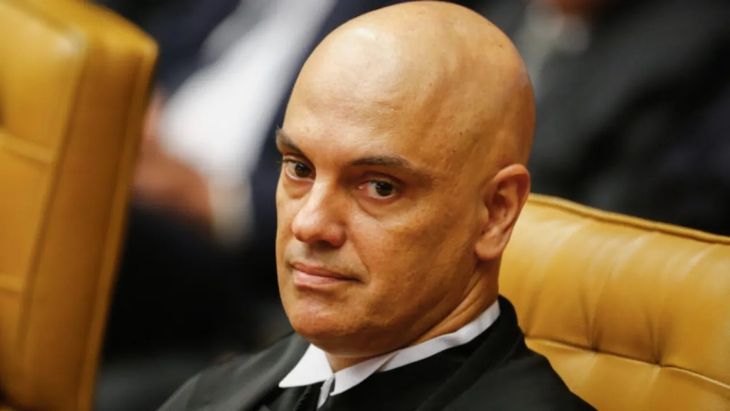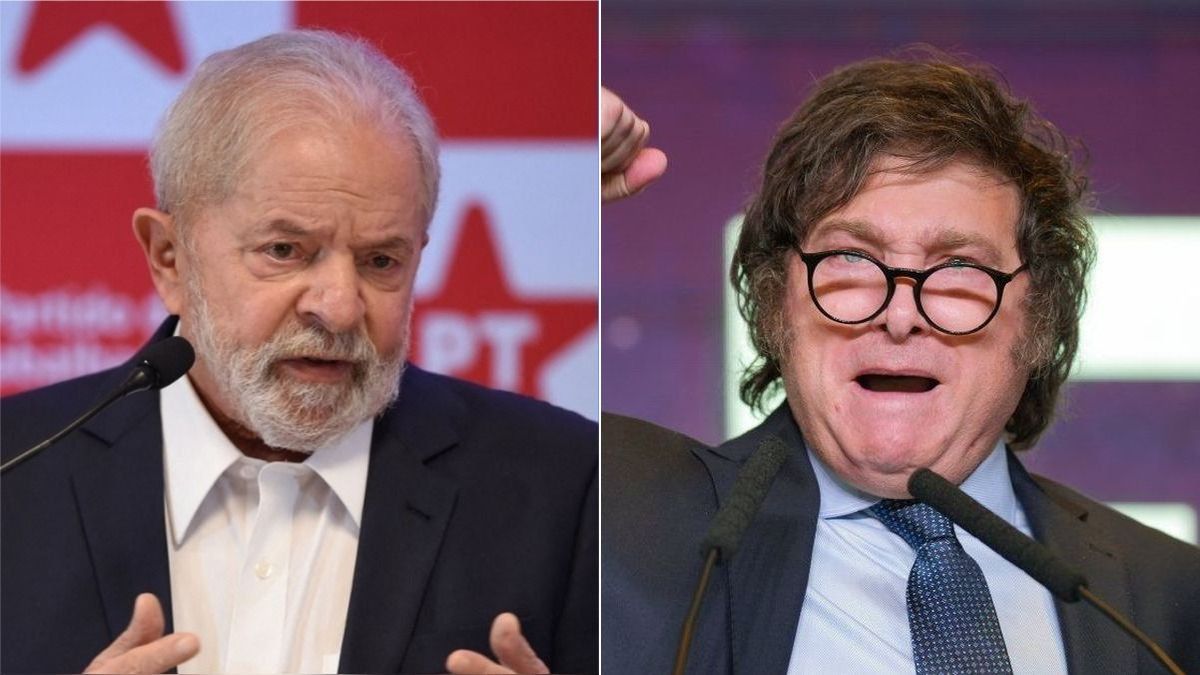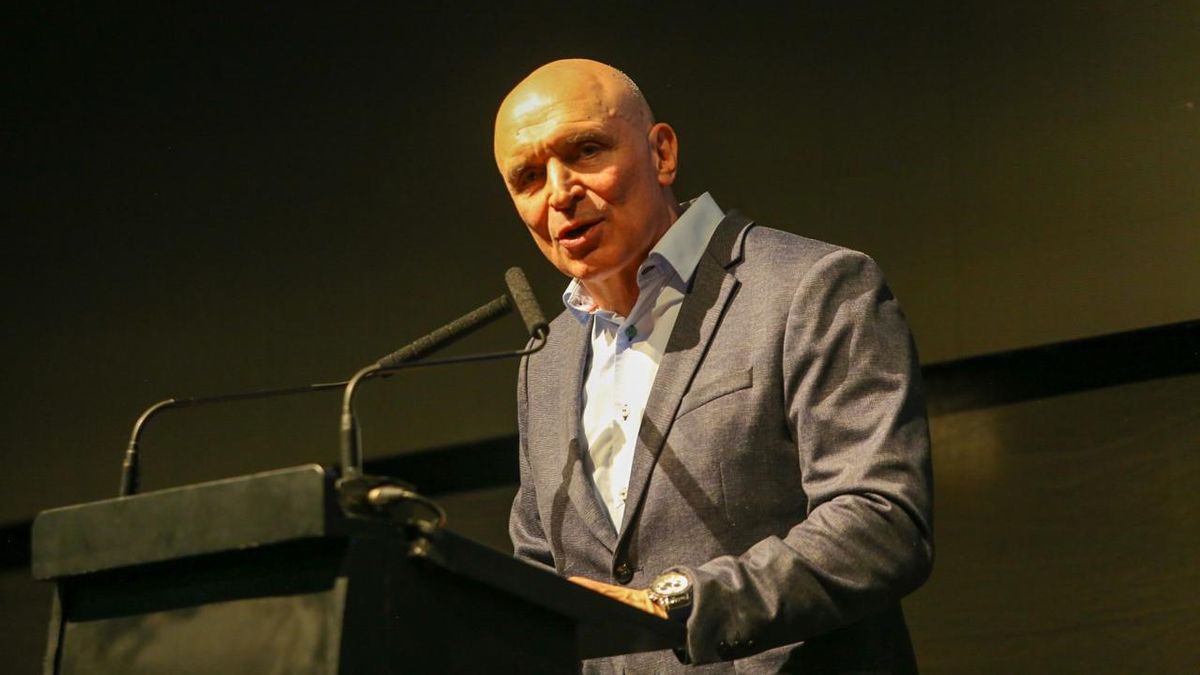Following Brazil’s request for the extradition of 63 refugees from the Brazilian opposition, who are in Buenos Aires, the Government issued a decree that modifies the regulations on the recognition of refugees. According to the text, “foreigners who have committed crimes will no longer be recognized as refugees. International crimes, previous serious crimes, acts contrary to the UN and incitement and participation in crimes“.
The measure, signed by the President and Cabinet ministers, modified the General Law of Recognition and Protection of Refugees (Law No. 26,165). From Brazil, they await the resolution of Javier Milei’s government on the Bolsonaro militants charged after the assault on the Plaza de los Tres Poderes in Brasilia It occurred on January 8, 2023.
Javier Milei’s government modified the situation of refugees in the country
In detail, the decree stipulates that “Refugee status will not be recognized for foreigners“that are found in related to; International crimes (against peace, war, against humanity); serious crimes committed before the Refugee Request and crimes that are classified in the National Penal Code or in special criminal laws that provide for a maximum penalty higher than the 10 years in prison.
Bolsonaro congress (1).jpg
Wikipedia
Furthermore, the text ensures that those who “at leastaffect the life, liberty, physical or sexual integrity of people“or also”to heritage“. Nor will those people “related to Acts Contrary to the Principles of the United Nations” or who are linked to the “iincitement and participation in crimes“.
On the other hand, the Decree 942/2024 lists different situations in which refugee status will cease. They are:
- When the refugee, through unequivocal acts, has voluntarily accepted the protection of the country of your nationality
- When the refugee, having lost his nationality, has voluntarily recovered.
- When the refugee has acquired a new nationality and enjoys the protection of the country of their new nationality.
- When the refugee has voluntarily established himself in the country of habitual residence that he had abandoned or outside of which he had remained for fear of being persecuted.
- When the refugee has abandoned Argentine territory and established his residence in another country, taking advantage of his protection
- When the refugee cannot continue refusing the protection of the country of his nationalitybecause the circumstances under which she was recognized as a refugee have disappeared, provided that said change in circumstances is significant and not temporary.
- When the refugee, lacking nationality, can return to the country of his former habitual residence because the circumstances have disappeared by virtue of which she was recognized as a refugee or stateless person.
Lastly, the Government measure also provided for changes in the article 12 of Law No. 26,165. There it was defined that it is the National Commission for Refugees (CONARE) the body that will decide the application of cessation clauses in the first instance.
Brazil’s order
On October 16, the government of Brazil sent a formal request to the Ministry of Foreign Affairs of the Nation requesting the extradition of dozens of militants and activists identified with former president Jair Bolsonaro. As detailed in the document, they are in Argentina residing in refugee status or irregularly.
The order was issued by the judge of the Supreme Federal Court of Brazil, Alexandre de Moraes and it was received last Thursday by the Argentine Foreign Ministry, which analyzes the letter and evaluates the steps to follow. The defendants were charged with Brazilian justice after what was the episode of siege to the headquarters of the Government and Congress of Rioduring the inauguration of Lula Da Silva on January 8, 2023.
alexandre-de-moraes

Judge Alexandre de Moraes submitted the request that has already been sent to the Argentine Foreign Ministry.
Photo: Terra24h
Initially, the request was raised by the Brazilian Federal Police before him Supreme Federal Court of Brazil. After this, Moraes sent the document to the Ministry of Justice who, subsequently and through the corresponding mechanisms, sent the request to the Argentine Foreign Ministry.
Extradition is a legal figure that is presented to a country, through diplomatic channels, to request that one or more people be handed over deprived of their liberty with the aim of being subjected to criminal proceedings – or serve a sentence already imposed – in it State of origin of the request. Beyond the changes in the regulation, the Government is expected to issue a ruling on the request of its Latin American counterpart.
The extradition requests arise within the framework of the investigations carried out by the Brazilian Justice for the assault on the Plaza of the Three Powers, Brasilia, fact that the Brazilian government classified as a “coup attempt” against President Lula Da Silva. During the inauguration, hundreds of supporters of the former president Jair Bolsonaro They invaded the headquarters of the Presidency, Congress and the STF to demonstrate against Lula’s arrival to power, after winning the elections.
After the demonstration, the Police identified dozens of people involvedsome of whom were sentenced to prison terms up to 17 years in prison for crimes such as attempted coup d’étatarmed criminal association and damage to historical buildings and monuments. However, after months of searching, investigators realized that many of the accused had fled to Argentina, Uruguay and Paraguay, according to the Brazilian press.
Source: Ambito




